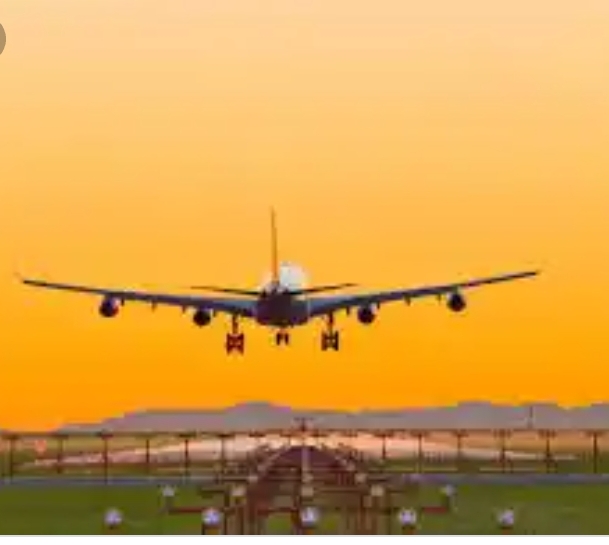
![]()
For many others like me, motion sickness is not a pleasant ordeal to go through. Who wants to get sick on a plane? Worse still, the restrooms are tiny, seats are huddled and there’s no fresh air( I personally love getting fresh air during trips).
BUT WHAT CAUSES MOTION SICKNESS ON AN AIRPLANE?
When you fly, your body reacts to ranging signals of movement. The vestibular system senses movement in one way, but the brain interprets it differently from what your eyes actually see. Your eyes, inner ear, and brain are discerning conflicting movement, thereby generating motion sickness symptoms such as:
• Nausea or vomiting
• Fatigue and yawning
• Chills or sweats
• Headache
• Dizziness
In all, don’t let the phobia for motion sickness keep you from the travel adventures or relocation you’ve always dreamed about.
So I’ve been able to curtail such disastrous experiences with some tips I know might help you. They are listed below:
• STRATEGICALLY SELECT YOUR SEAT
Please, for the the love of God, if you are in this category, avoid sitting in the back of the plane. Because you’re flying through air tides, the flight will have a regular bumpiness to it. Several seats, however, may be bumpier than others.
So, I’ll advise you choose a seat between the plane’s wings or closer to the front of the airplane, where the ride tends to be more stable. Choosing a window seat can help, as watching the horizon sends equalizing signals to the brain.
• RELAX
Tension makes motion sickness horrible. So, if you have a phobia for flying, you may consider learning meditation or deep-breathing practices to help you stay relaxed before and during your flight.
If you’ve never been on an airplane before, you can talk to someone who has. This is so that you can recognize the normal sounds and movements of an airplane and not be terrified when you hear them. Most importantly, if you are traveling for fun, look forward to your destination and keep an optimistic attitude.
• AVOID GREASY OR SPICY FOODS
Eat light before you travel either by air or otherwise – both the night before and day of your flight – and pick up some crackers or other bland snacks in the airport to help in case your stomach gets upset. Stay away from greasy and spicy foods and limit your salt intake as well since flights can be dehydrating.
• RESIST THE THIRST FOR ALCOHOL
Talking about dehydration, avoid taking alcohol. It only dehydrates you and makes symptoms worse.Try aromatherapy – ginger, peppermint or lavender essential oils in a mini travel roller or chain; it helps some people combat symptoms and helps them to relax. Sipping chamomile tea can help to soothe your stomach.
You can also discuss suitable drugs and their prescription if you know how severe your case can be.
Some say relief can be found by applying pressure along your wrist with an acupressure technique called nei-kuan P6, or you can get acupressure bands such as Sea-Bands to use during your flight.
• AVOID SCREENS AND READING MATERIALS
Reading, whether from a book, magazine or digital device, can cause motion sickness or make it worse, I can testify to this. If you enjoy reading, try an audio book using headphones instead. Avoiding tense thrillers, mystery novels and anything about flying may also be a good idea to help you stay calmed down.
• FIND A COMFORTABLE POSITION
Keep your body in a comfortable temperature by dressing in layers. Increase airflow around your seat, and especially pointing directly on your face. Find a position that helps, such as putting your head down or leaning back in the seat. I usually close my eyes and this helps too, so you can try it.
Take note that it is possible for you to feel sick after the flight. The elevation may cause similar feelings of altitude sickness, breathing in denser oxygen, sitting for a long time, and changes in air pressure all may contribute to feeling sick after your flight lands. You may find yourself feeling tired and queasy, or experiencing a headache and other symptoms.
The above listed ways to curb or curtail motion sickness during a flight are the same things that may help you after you get off the plane. Move around, get some fresh air, eat well, and avoid alcohol.
It is not a good experience to be sick, you should have the time of your life when you travel. Try some of these tips the next time you fly. I do hope they help you arrive at your destination feeling wonderful and ready for adventure!


Thanks so much.. This experience and advice is firsthand. You’re very correct and it feels like you’re talking directly to me.